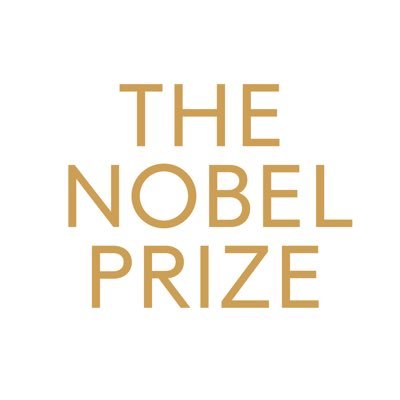
Kilonova Catcher
@KilonovaCatcher
Followers
39
Following
10
Media
13
Statuses
53
Kilonova Catcher: Join our citizen science team & help detect kilonovae! All you need is a telescope & a passion for astronomy.
World
Joined May 2023
Kilonova Catcher is now on INSTAGRAM! Join us @kilonovacatcher to see more images and accomplishments from our astronomers! #astronomy
https://t.co/agWfSPAAW3
instagram.com
0
1
1
🔭 Amateur astronomer from the world, join our international citizen science project and collaborate with top scientists ! 🎦 More info on the Kilonova Catcher project : https://t.co/G6GPZjKiFG And on our website
0
5
7
🔭 Amateur astronomer from the world, join our international citizen science project and collaborate with top scientists ! 🎦 More info on the Kilonova Catcher project : https://t.co/G6GPZjKiFG And on our website
0
5
7
🎦 To our french-speaker astronomers, you can watch this interesting interview of @AntierSarah for the channel @cieletespace : https://t.co/6hdwDfm6nE enjoy !
0
1
1
🔭Happy new year for all astronomers around the world ! 🌎🌍🌏
0
0
0
📉 In the hours after the trigger time, a more sophisticated analysis is performed that allows to gives us constraints on the mass of objects and therefore allows us to determine their type (BNS for Binary Neutron Star, BBH for Binary Black Hole, NSBH = Neutron Star-Black Hole).
0
0
0
💡 LIGO/Virgo uses Gamma-ray Coordinates Network (GCN), a portal for discoveries and observations of astronomical transients. ⏰ Within a few seconds/minutes, a rapid map of the source’s localization is sent determined by an algorithm.
1
0
0
🤔 How do #gravitationalwaves detectors alert us? 👉 Automated preliminary alerts are sent for all events that pass a false alarm rate (FAR) threshold. FAR is a statistic that is used to describe the significance of a GW event. More info here :
1
0
0
In November, #astronomers from @KilonovaCatcher has been observing SN2023wrk, a peculiar type Ia #supernova. Here is an image by Denis St-Gelais taken from Mexico. Astronomers from the world, you can help us collecting data ➡️ https://t.co/ap9uJAAE9o
0
0
2
🔭 Our #astronomers community is observing a supernova detected as a counterpart to IceCube neutrino alert IC231004A. The source is now fading at ~ 0.1 mag/day, it should be at mag ~ 20.5 by now, visible at the end of the night for the telescope teams in the northern hemisphere.
1
0
0
🤔 How do we detect a #GravitationalWave ? 💡 On Earth, we detect the relative displacement via gravitational-wave detectors; we use kilometer scale interferometers, which use a combination of mirrors and lasers to make precise distance measurements. ➡️
0
0
1
#OTD in 2015, the universe’s gravitational waves, predicted by Albert Einstein a century before, were observed for the first time by @LIGO. The observation led to a new way to study our universe and the 2017 #NobelPrize in Physics for Rainer Weiss, Barry Barish and Kip Thorne.
12
101
341
Happy 8th birthday to the one that started it all: #GW150914! After Einstein predicted the existence of #GravitationalWaves, it took 100 years to detect the first. Now, in #O4, we detect a gravitational-wave event about once every 3 days!
9
132
411
Just before the start of #ObservingRun4, there was an Engineering Run - but what is an engineering run & why do we have them? Find out from Betsy Weaver, Keita Kawabe & Jeff Kissel at: https://t.co/yPvqYGYuw3 (pdf) #O4 @LIGO @ego_virgo @KAGRA_PR @LIGOWA @LIGOLA 📷Michael Fyffe
2
5
17
2017 #NobelPrize in Physics Rainer Weiss, Kip Thorne, & Barry Barish "for decisive contributions to the @LIGO detector and the observation of gravitational waves" https://t.co/H0AVwlgHJl
https://t.co/TpZABe6p5x
https://t.co/UVYi7TaH6D
5
19
57
Last monday, we had our bimonthly general news meeting, which you can see on replay here : https://t.co/WKrx0nKAWo We got through the detectors status, the O4 alert rate and confirmed events, and a test alert : S190425z. Enjoy !
0
0
3
This is a very pedagogical video that explains this : https://t.co/zpCTpQP8Vj
0
0
0
This effect on space and time is tiny, typically we measure relative displacement of about a hundred million times smaller than the typical size of an atom.
1
0
0
A little bit more details about GWs : 💡When propagating in time and space, the GWs stretch and expand space-time so that two points of space normally at rest see their respective distances to be first shortened and then widened.
1
0
0




